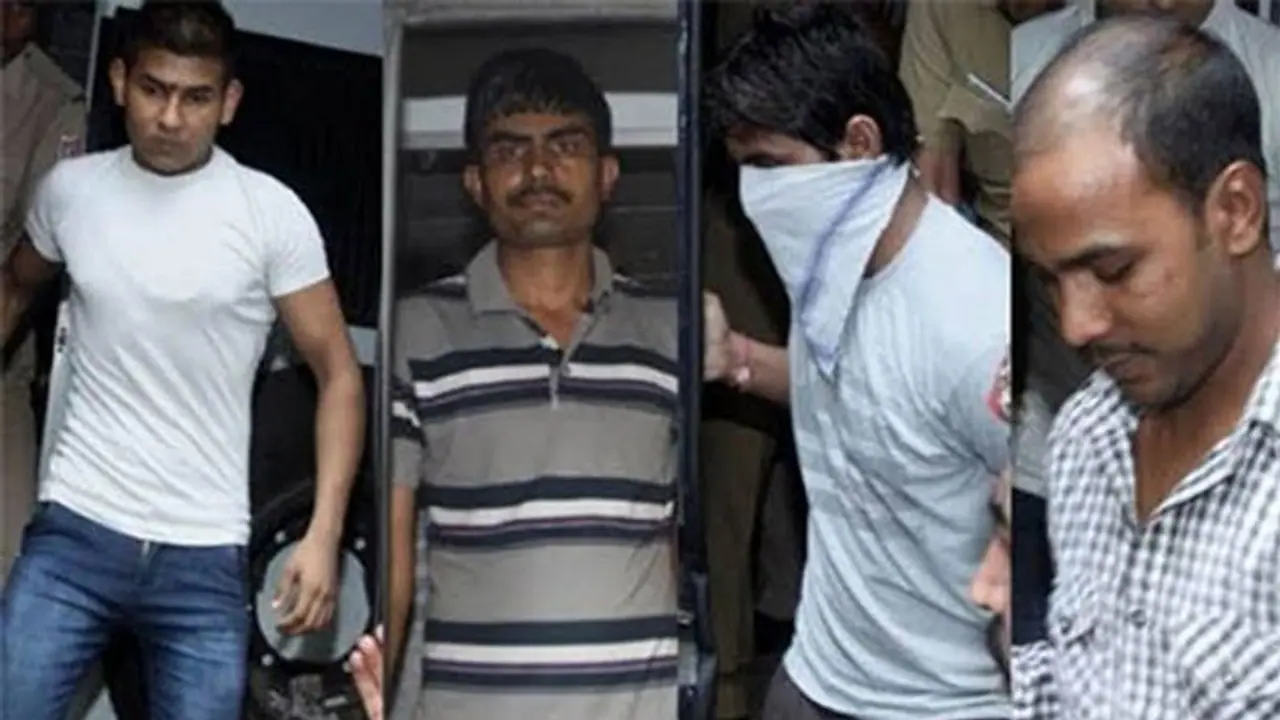The acts of Nirbhaya convicts in exploring loopholes in the judicial process and taking the system for a ride has taught officials that there is a need to address these loopholes, lest convicts continue to exploit them.
The Supreme Court made some telling observations, while stating that convicts on a death row were exploiting procedural loopholes to either avoid or delay executions. It is extremely important for death penalty to attain a finality, a Bench headed by Chief Justice of India, SA Bobde said.
The Bench was indirectly referring to the Nirbhaya case in which the convicts were filing continuous and separate petitions. The court said that the finality of a death sentence is extremely important. Recent events have shown that, and one cannot go on fighting endlessly on this, the court also noted.
Entirely up to the Supreme Court:
Courts have allowed multiple petitions on death sentences despite a finality being attained in the case. The law allows for the hanging of a person once the President rejects the mercy plea. However, a little loophole allows for the condemned prisoner to go back to the court and seek a review of the death sentence. Now it is entirely up to the Supreme Court to take up the matter or just state that there would be no interference, following the President’s order.
In legal terms, life imprisonment is considered to be a rule and death sentence an exception. Courts have however allowed multiple petitions to be filed in death sentences on the ground that death is irreversible.
This is largely due to the guidelines laid down in the Shatrughan Chauhan case of 2014. In this case the Supreme Court said that the framers of the Constitution did not fix a time limit to dispose of a mercy petition. This would mean it should be disposed of within reasonable time. However, when there is a delay, the courts should step in and consider this aspect.
The right to seek mercy is a constitutional right and not the discretion of the executive. Every Constitutional duty must be fulfilled with due care or else judicial interference is the command of the Constitution for upholding its values. In India even an accused has protection under the Constitution, and it is the duty of the court to shield the same, the court had said in 2014.
The need to modify:
When one looks at the Nirbhaya case and the manner in which petitions are being filed, it is clear that the convicts are taking the judicial process for a ride under the garb of Article 21. This calls for the courts to step in and fix a time limit for death row convicts to file the curative petition. The Ministry of Home Affairs has suggested that petitions should be filed within 7 days after the mercy plea is rejected. Further the execution must be carried out within 14 days of the mercy petition being rejected.
The Shatrughan Chauhan case speaks extensively about the de-facto protection under the Constitution that the convicts have. However, there is also a need to need to lay down guidelines in the interest of the victims and their families. The 2014 SC verdict does not take into account the mental agony, trauma of the victims and their families.
Fix the loophole:
In the Nirbhaya case, there are four convicts. The same punishment applies to each one of them. The loophole that they have found is that the prison manual does not allow for the hanging of each person one by one. The manual states that the execution shall take place at the same time.
This means if one person gets relief or has managed to obtain a stay on the execution, then the same order applies to all. Owing to this loophole, the convicts are filing their mercy petitions separately or individually.
This is the main reason why the MHA had moved the Supreme Court seeking a timeline in cases of death sentences. The MHA urged the Supreme Court to fix a timeline for the death row convicts to file review, curative and mercy petitions.
The court would need to either modify its 2014 order or come up with a stringent set of guidelines as there are many prisoners on death row. In 2018, 186 death sentences were handed out, while in 2019, the number was 102.
In all there are currently 402 convicts on death row and Maharashtra tops this list at 76. On an average, the trial court takes nearly 5 to 6 years to complete a trial in cases relating to death sentences. It then goes up to the high court for confirmation and this process takes around 1 to 2 years. In the Supreme Court, the appeals are disposed of in around 2 to 2.5 years.
Poor conviction rate:
The latest data released by the National Crime Records Bureau states that in the year 2018, there were 1,56,327 rape cases on trial. The trial was completed only in 17,313 cases just 4,708 resulted in conviction. This means the conviction rate in rape cases stood at 27.2%.
In 2017, a total of 5,822 rape case resulted in conviction and the rate stood at 32.2%. This poor rate of conviction and the huge pendency rate clearly shows that the judicial process is extremely slow. In the Nirbhaya case, one may say that the trial moved at a brisk pace in the trial court and the high court too disposed of the matter fast. There was however a delay in the Supreme Court.
Now that the case is at its last leg, one gets to witness a complete mockery being made of the system thanks to the various loopholes available. The MHA had rightly pointed out that under the garb of Article 21, the convicts were clearly taking the judicial process for a ride.
